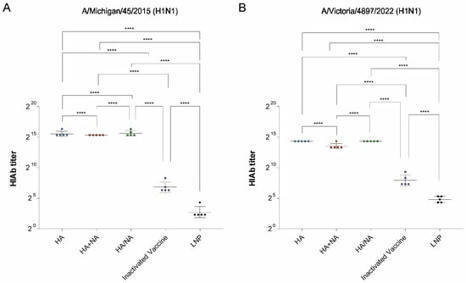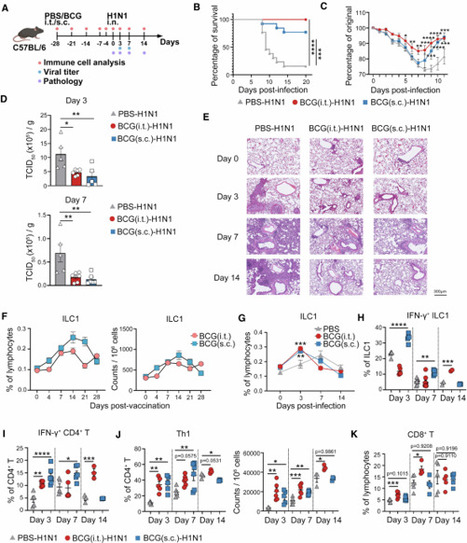Respiratory syncytial virus (RSV) remains a significant global health threat, especially to infants, the elderly, and immunocompromised individuals. This review comprehensively explores the progress in RSV vaccine development, the immune evaluation methods, and immunological surrogate.
Follow, research and publish the best content
Get Started for FREE
Sign up with Facebook Sign up with X
I don't have a Facebook or a X account
Already have an account: Login
Topical news snippets about viruses that affect people. And other things. Like Led Zeppelin. And zombies B-)
Curated by
Ed Rybicki
 Your new post is loading... Your new post is loading...
 Your new post is loading... Your new post is loading...
|
|

























